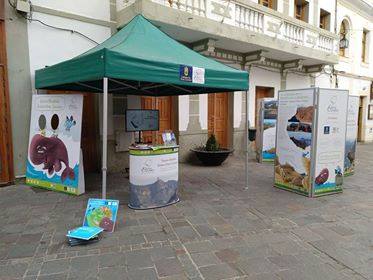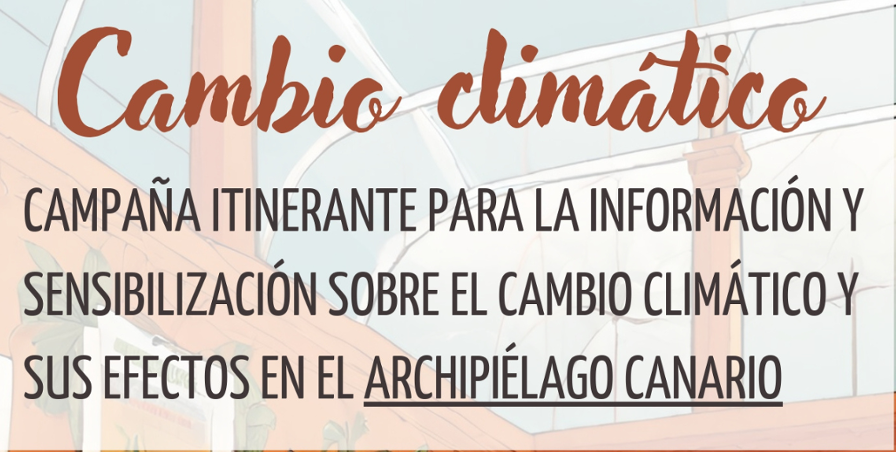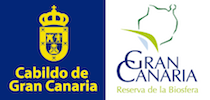
Media Gallery








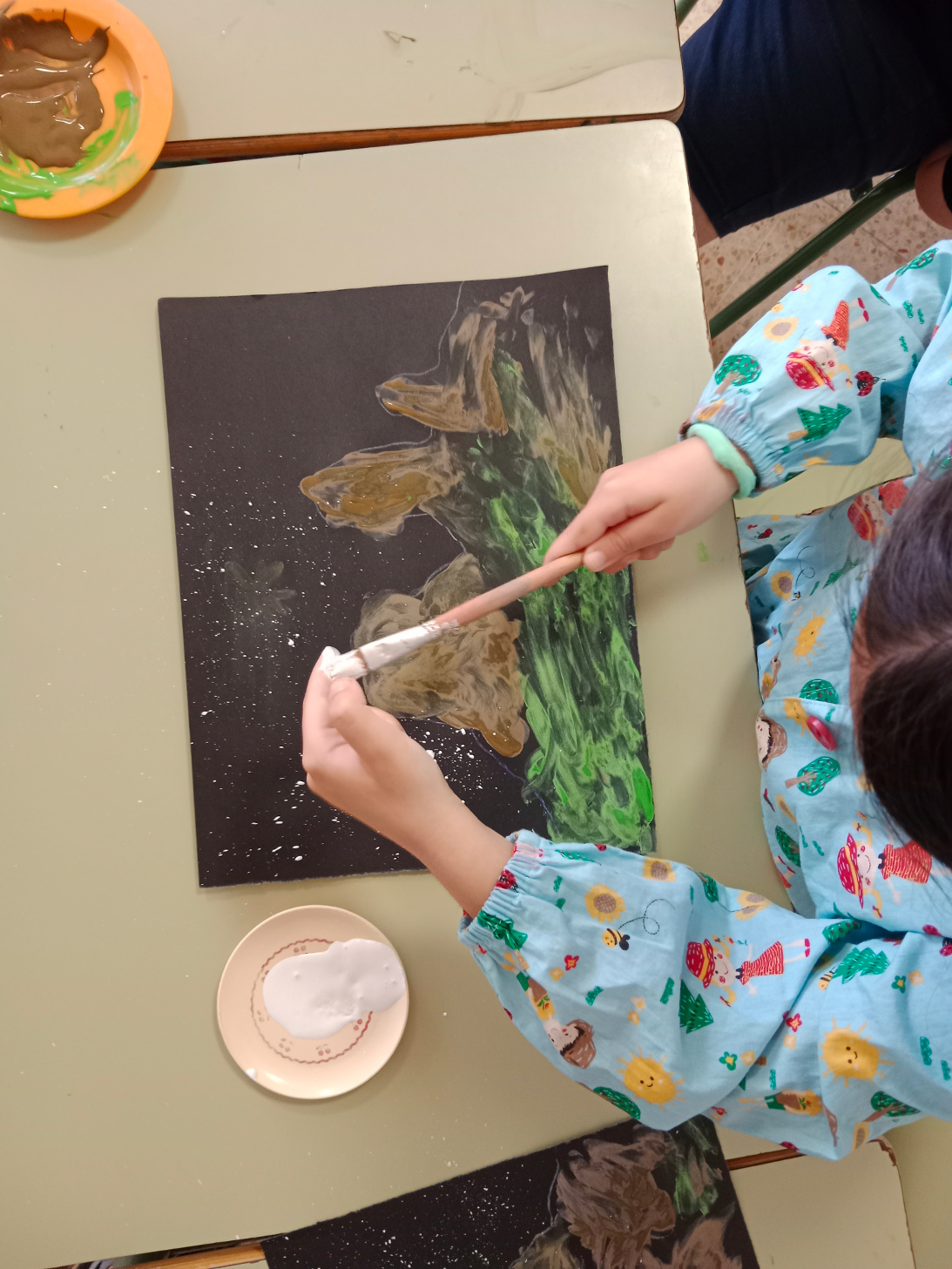





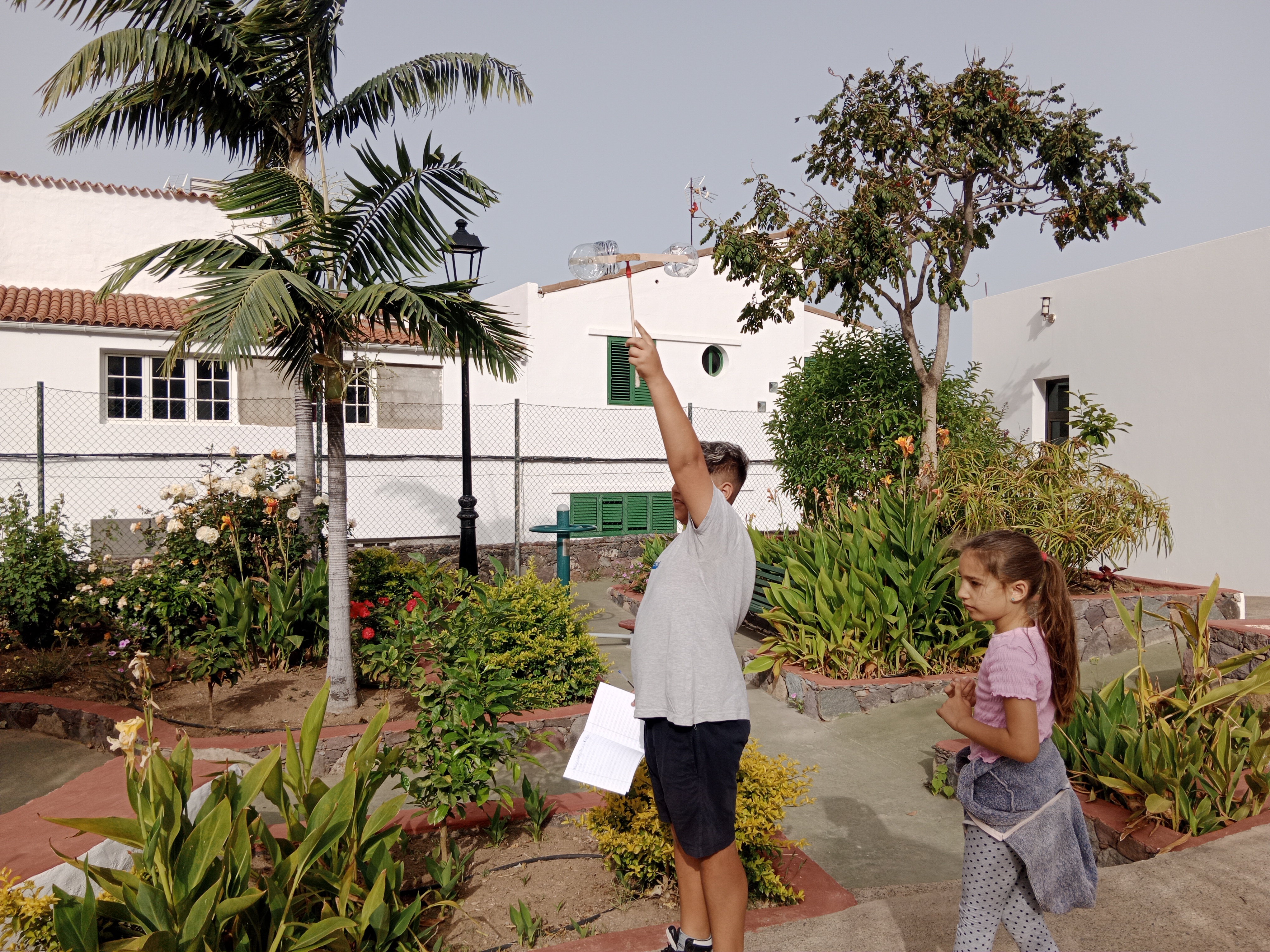











Origin:
Proposed at the Gran Canaria Biosphere Reserve Citizen Participation Council at the end of 2013 as approved and included in its Action Plan.
It arises from the need to divulge the environmental and cultural values of the Reserve, and reach the school communities (students, parents and teachers) and turn the school centres into an example of sustainability.
Goals:
- To involve the education community in the project, promoting citizen participation and action.
- To spread and divulge the Gran Canaria Biosphere Reserve natural, ethnographic and cultural values.
- To raise the schoolchildren environment awareness, implementing sustainability strategies in their educational centres.
- To develop environmental good practices in water, waste and energy management.
- To exchange experiences and materials between the different centres.
- To assess and improve the carried out actions.
System of work:
Participation and coordination of the leading teams with the educational centres, faculties, and families.
The educational centres decide, within the themes and resources available, what activities to set in motion, what school groups will participate and when in the school plannig will take place.
Tools:
1.- School Eco-audit
Inspection activities carried out by the students (‘green patrol') to diagnose problems and environmental conditions at the school and its surroundings. The issues to be audited are: energy consumption, water and waste management, school surroundings area and school mobility. With the outcome of the eco-audit an environment improvement plan will be designed, and students and the whole educational activity will actively participate.
2.- Recycling awareness workshops
Initial briefing on the Gran Canaria Biosphere Reserve and introductory workshop to recycling with handing out of selective recycling litter bins in every school.
3.- Herbariums
Excursion to selected areas for collection of vegetal species by the schoolkids (after a previous explanation on sampling techniques and importance of accurate sampling). Drying process (explanation of the technique to apply, press, heat…) and labelling of the species.
4.- ‘Senses in nature' workshop
Excursions into the wild with primary school students to explore and collect small natural elements (leaves, fruits, feathers…), and classification according to texture, colour, shape, scent… besides feelings related (wind, sounds, temperature, etc).
5.- Botanical paths in reforested or embellished with native flora
Embellishment of areas close to centres or communal areas (such as courtyards, alleys…) and signage (as a botanical path) of the planted species labelled with name, botanical use and other information of interest.
Activity carried out in cooperation with the Canarian Botany Garden Viera y Clavijo and the Tafira Forestal Nursery of the Cabildo of Gran Canaria.
6.- School gardens
Creation and reactivating of school gardens and invigorating of its activities.
7.- Experience exchange
Creation of an ‘Eco-schools network' for the experiences exchange between the educational centres involved as a driving force for the environmental education and the sustainable development within the Gran Canaria Biosphere Reserve territory, and later in the whole island.
Actions location:

Material descargable:
Asset Publisher
What Are These?
A Biosphere Reserve is an area comprising singular characteristics and formed by terrestrial, marine, coastal or mixed ecosystems, where solutions to reconcile biodiversity conservation and sustainable use of resources are promoted. These areas, internationally recognized by the UNESCO Man and the Biosphere Programme MAB constitute "support sites for science and sustainability".
Where Are These?
The 631 World Biosphere Reserves Are Spread Over 120 Countries Comprising A Total Area Of Over 700 Million Hectares (2015).
These Are Distributed As Follows:
67 Biosphere Reserves In 28 Countries In Africa
136 Biosphere Reserves In 24 Countries In Asia And The Pacific
29 Biosphere Reserves In 11 Countries In The Middle East
297 Biosphere Reserves In 36 Countries In Europe And The United States
122 Biosphere Reserves In 21 Countries In Latin America And The Caribbean
Download The World Biosphere Reserves Map
What Are These For?
The Main Goals To Accomplish By The Biosphere Reserves Are To Promote And Boost The Harmonic Integration Of Human And Nature To Achieve Sustainable Development For Each Of These. In These Areas, Specially Designated In Order To Test Multidisciplinary Approaches, Tasks Are Carried Out Through Participative Dialogue, Research, Knowledge Exchange, Poverty Diminishing, Wellbeing Improvement, Respect For Cultural Values And Social Ability To Adapt To Environmental And World Changes.
How Do These Work?
Activities
The Activities To Be Conducted By The Biosphere Reserves Can Be Summarized In Three: Conservation, Development And Logistics. The First One Will Try To Preserve And Improve The Natural Values Attached To It; The Second One Is Based On Reaching The Socio-Economic Development Of Local Populations Present In The Territory; The Logistic Activity Is Intended For The Research, Education And Experience Exchange Between The Human Being And The Environment.
Work Procedure
From The Starting Point Of Working In A Cooperative Way Under A Wide Alliance As The Only Means To Obtain Sustainable Results In The Long Term, The World Network Of Biosphere Reserves, Alongside With International Bodies, Governments, Local Public Offices, Universities, Ngos And Corporations Worldwide, Works Supported By Other Several International Networks, National, Regional, Municipal And Sectorial.
Besides This General Framework Described, Each Biosphere Reserve Develops An Action Plan Which, Designed For Specific Periods, Sets Out The Tasks To Be Carried Out. Such Plan Must Be Approved By All Members Of The Respective Councils.
Territorial Structure
Each Biosphere Reserve Is Made Out Of Three Interrelated Areas With Connected Roles, Complementary And Mutually Reinforcing:
• The Core Zone, Where The Most Remarkable Natural Values Concentrate, Being The Conservation Function The Reigning One.
• The Cushion Zone, Surrounding The Core, Or Adjoined To It, Where Activities Compatible With Successful Ecologic Practices That Can Contribute To The Research, Follow-Up, Training And Scientific Education.
• The Transition Zone, Where A Wider Range Of Activities Are Promoted In Order To Contribute To A Sustainable Human And Economic Development From The Social, Cultural And Ecologic Point Of View.
Who Do These Depend On?
The Inclusion Of A Specific Area In The World Network Of Biosphere Reserves Occurs When A Decision Is Made By The International Coordinating Council Of The Mab Programme (Man And Biosphere) According To The Candidacies And Proposals Conveyed By The Governments, Whereas The Jurisdiction Over The Area Designated As Biosphere Reserve Lies Entirely On The Country Where It Is Located.
The Intergovernmental Structure Of Unesco Through The Mab Programme Provides The Governments With The Framework For The Planning And Carrying-Out Of Research Programmes And Training, Supplying Technical Assistance And Scientific Advice.
The Signing Countries Constitute Mab National Committess Which Guarantee The Widest Participation Of Countries In The International Programme, Defining And Carrying Out Its Activities In The Mab International Coordination Council, Main Governing Body For Mab, Which Sets Out The Agenda Of The Programme.
Concurrently, And To Attain The Effective Synergies In Order To Share Knowledge And Work Experiences, Networks Clustering Biosphere Reserves Under Geographic Criteria (Regional And Sub-Regional Networks) Or By Ecosystems And/Or Shared Features Are Constituted.

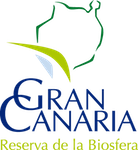

![english [beta] english [beta]](/o/biosferagc-theme/images/language/en_GB.png)
